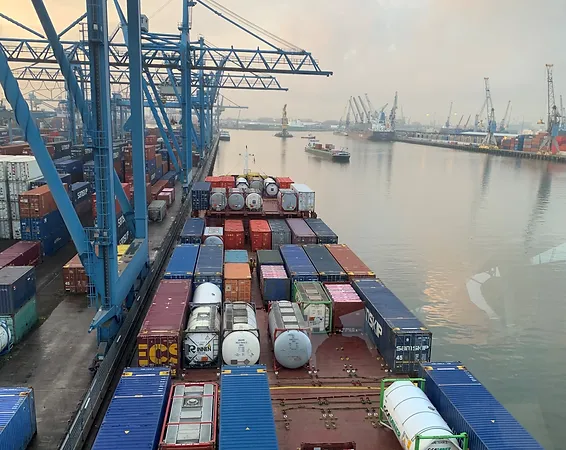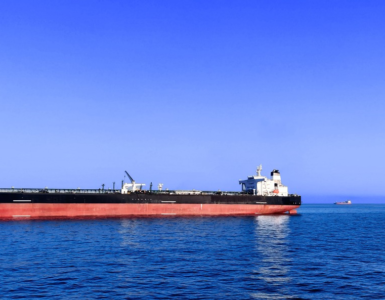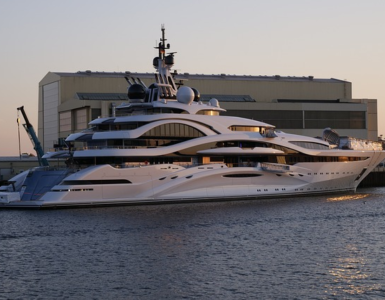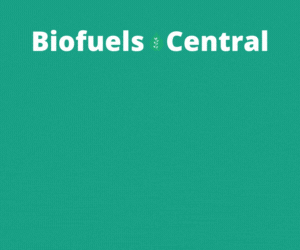Langh Ship switches to biofuel on its container vessel.
TAfter discussions between Langh Ship and the Dutch chartering Samskip on how to further reduce the environmental impact of its vessels, they agreed to switch to biofuel operations for the Langh Ship-owned 750 TEU container vessel Edith in January 2023.
Biofuels are a key component in Samskip’s strategy for decarbonizing its shipping activities. Edith is currently employed on a shortsea liner service between the Netherlands and the UK.
The transition to biofuel brings many benefits. Last autumn IMO introduced new carbon intensity measures to improve the short-term energy efficiency of vessels and reduce their greenhouse gas emissions. A carbon intensity indicator (CII) must be calculated and reported, determining the annual reduction factor needed to ensure the continuous improvement of a ship’s operational carbon intensity.
🔥 What about we co-host a webinar? Let's educate, captivate, and convert the biofuels economy!
Biofuels Central is the global go-to online magazine for the biofuel market, we can help you host impactful webinars that become a global reference on your topic and are an evergreen source of leads. Click here to request more details
Laura Langh-Lagerlöf, Managing Director of Langh Ship, explains that the transition to biofuel will have a decisive impact to comply with the new IMO regulations.
Laura Langh-Lagerlöf, Managing Director of Langh Ship said:
We used to operate the vessel on low sulphur, intermediate fuel oil, IFO 80. A main advantage of changing to biofuel is that it generates no fossil carbon emissions.
“Therefore, we are able to comply with the new CII-regulations,” she explains.
Erik Hofmeester, Samskip Head of Fleet Management, says:
Samskip is committed to achieving its sustainability targets as outlined in our latest sustainability report.
“We have always practiced what we have preached because sustainability is in our DNA, and we are invested in the future; the future for green logistics, our planet, our economy and next generation seafarers. The use of biofuels today is instrumental for achieving such goals and Samskip will continue to be at the cutting edge of such initiatives.”
Another benefit of the clean and completely sulphur-free biofuel is a reduced need for maintenance on the fuel system and that the lubricating oil stays cleaner.
”The feedback from the vessel has been nothing but positive. Generally we think that the maintenance costs for the main engine will decrease due to cleaner fuel. We expect less wear on cylinder barrels and the piston ring area, but this can of course be verified only later through experience,” Laura Langh-Lagerlöf says.
Last, but not least, Laura Langh-Lagerlöf stresses the importance of improving the environmental performance of vessels in many ways.
”We think it is essential to have many alternative ways of tackling CO2 emissions. Biofuel allows ship owners to reduce the environmental impact by not having to invest in modifications to the vessel engine room and funnel area. But since biofuel is a limited resource, it is good to look into parallel solutions as well, such as exhaust gas treatment and carbon capture.”
Following biofuel trials in 2019, Samskip has gradually increased the number of ships in their fleet running the main engines with biofuel. Including Edith, there are now five vessels in the Samskip-fleet operation on biofuel. Bunkering of all vessels takes place in Rotterdam.
The fuel used is designated MDF1-100 and supplied by GoodFuels. It is formulated entirely from sustainable waste streams from the EU’s Renewable Energy Directive list. It has also earned International Sustainability & Carbon Certification.
Rene van Wijngaarden, Manager Vessel Chartering & Bunkering of Samskip, said:
Reducing environmental impact is important to us, and we are glad to cooperate with Langh Ship in these matters.
“With Edith’s transition to biofuel, we are able to lower the overall carbon footprint of our transports even further.”
READ the latest news shaping the biofuels market at Biofuels Central
Langh Ship switches to biofuel on its container vessel, March 22, 2023








